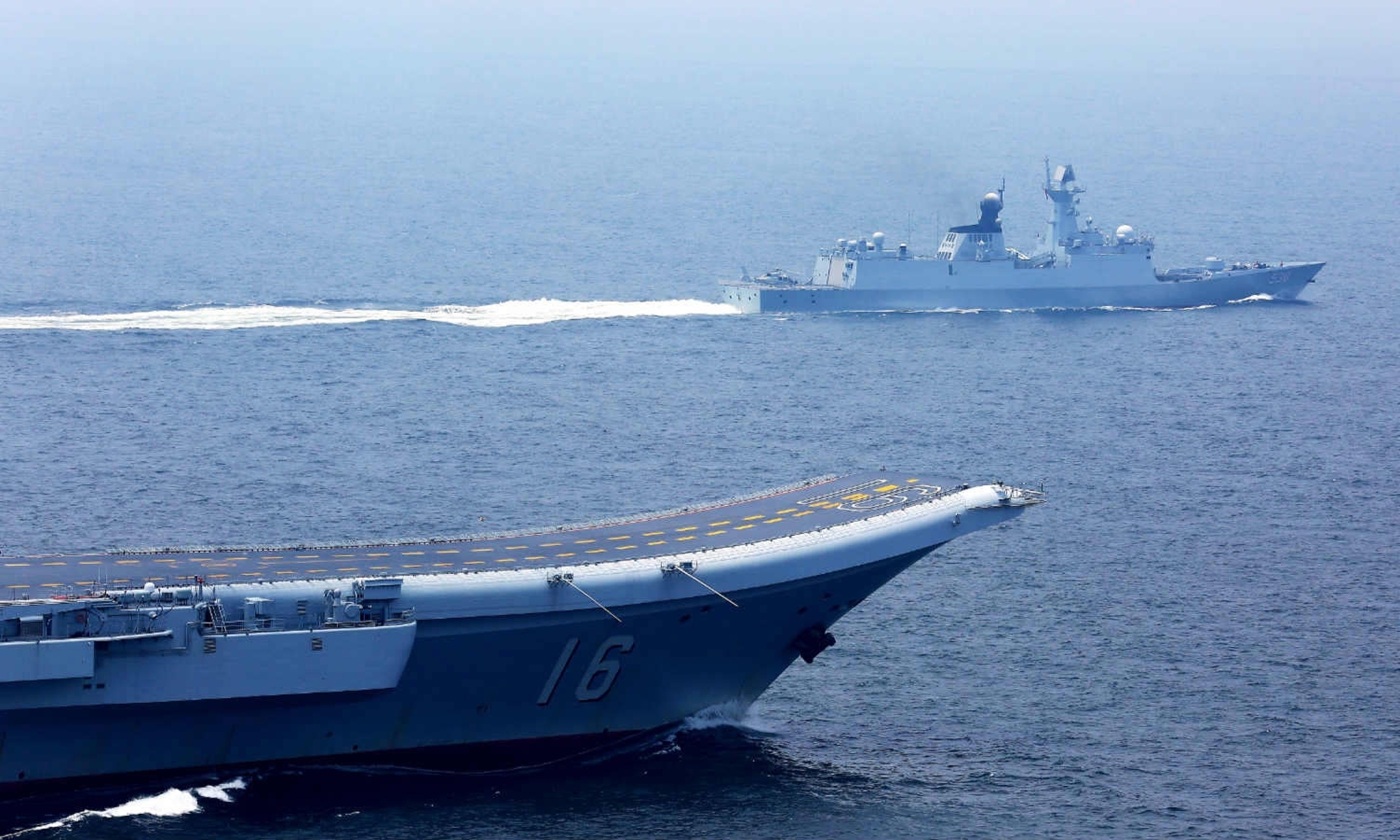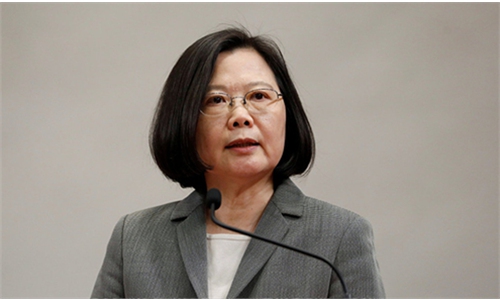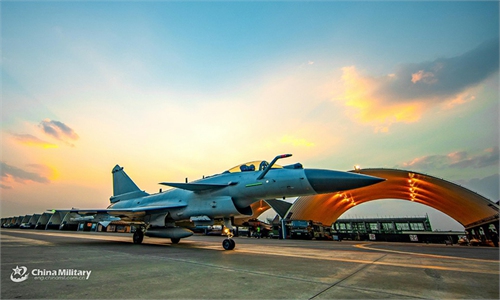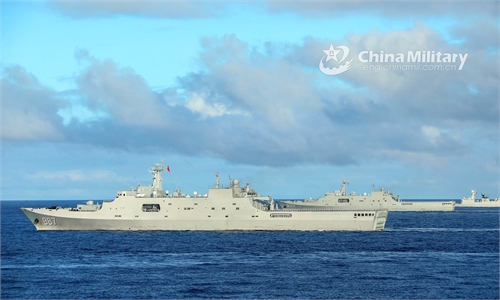Biden gropes his way by sending 'close friends' to Taiwan as PLA prepares for the worst

Vessels in the Taiwan Straits, July 20, 2017. /CGTN Photo
At US President Joe Biden's request, former US senator Chris Dodd and former deputy secretaries of state Richard Armitage and James Steinberg started visits to the island of Taiwan on Wednesday, a move that shows the Biden administration is still groping its way for its Taiwan policy, testing the Chinese mainland while dodging the red line.The visit came after a large-scale People's Liberation Army (PLA) aerial exercise on Monday near the island, which set a new record in the number of participating warplanes. Chinese mainland analysts said the exercise could be a rehearsal of combat plans for the island and it demonstrates the PLA's capability of not only crushing Taiwan's military forces, but also driving away foreign forces.
Although the delegation was described as "unofficial" and intended to celebrate the 42nd anniversary of the Taiwan Relation Act (TRA), a White House official called the visit a "personal signal" from Biden, the former officials' "close friend," according to the Reuters.
Zhao Lijian, spokesperson of the Chinese Foreign Ministry, said on Wednesday that China firmly opposes any form of official exchanges between the US and the island of Taiwan, and China has lodged solemn representations with the US.
"We urge the US to prudently handle Taiwan-related affairs and refrain from sending any wrong signals to Taiwan secessionists so as to avoid further serious damage to China-US relations and peace and stability across the Taiwan Straits," Zhao said.
Signed into law by then US president Jimmy Carter on April 10, 1979, the TRA defines an unofficial relationship with the island, as it only allows non-diplomatic ties such as commercial and cultural ties with Taiwan, which is an important part of the US' one-China policy.
Xin Qiang, deputy director of the Center for US Studies at Fudan University, told the Global Times on Wednesday that although the visiting delegation shows the US' support to the island, it should be noted that the Biden administration still maintains unofficial relations with Taiwan and Biden is unlikely to send any current senior officials to the island.
Reuters cited an anonymous US official as saying that the visit followed "a long-standing bipartisan tradition of US administrations sending high-level, unofficial delegations to Taiwan."
Some Taiwan politicians hailed the delegation as a big success and signal of support from the new US administration.
The visit is a kind of a "side-door entry," but the White House has no intention of changing the nature of its ties with the island of Taiwan, Xin said.
Steinberg, who has visited Taiwan at least four times, met with two former Taiwan regional leaders over the past two decades. Armitage, whose last Taiwan visit was in 2019, the 40th anniversary of the TRA, was portrayed as "Taiwan's old friend" by island leader Tsai Ing-wen.
The US State Department recently released new guidelines to allow US officials to meet more freely with officials from the island of Taiwan, media reported.
Yuan Zheng, deputy director of the Institute of American Studies at the Chinese Academy of Social Sciences, told the Global Times on Wednesday that the visit shows that the Biden administration has no intention of crossing China's red line on the Taiwan question and is still groping for its Taiwan policy through testing the Chinese mainland.
The US will push unofficial relations between the US and the island to become more official, Yuan said, adding that Track II diplomacy with the island may become the new norm under Biden.
Yuan said that during the Trump administration, the US broke the status quo in the Taiwan Straits through official visits and various Taiwan-related acts.
The PLA's actions show that the mainland is also preparing for the worst, which is not desired by the Biden administration. The new administration, on the other hand, cannot give up the "Taiwan card" amid the China-US confrontation, and is figuring out its way to play it.





